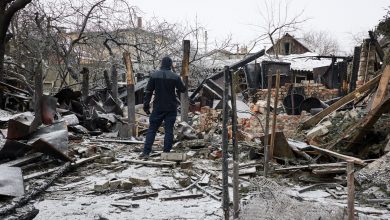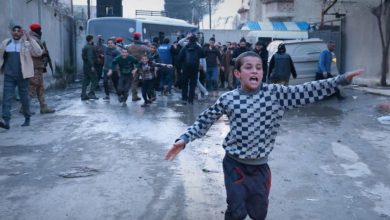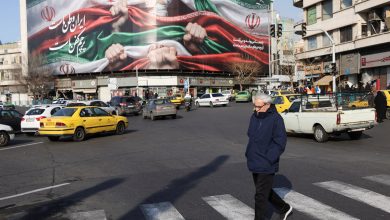Addis Ababa Faces Mounting Pressure from Emerging Opposition
DZWatch has learned that the Ethiopian federal government is facing increased pressure as a loose coalition of forces from the Amhara, Oromo, and Tigray regions emerges, potentially reshaping the political landscape of the Horn of Africa. According to sources, the government of Prime Minister Abiy Ahmed is showing signs of strain following a series of gains by the Fano forces in the Amhara region. This comes amid increasing coordination and intensified attacks from its opponents.
In a formal communication to the United Nations in October, the Ethiopian Ministry of Foreign Affairs accused the Tigray People’s Liberation Front (TPLF) and Eritrea of “funding, mobilizing, and directing” the Fano forces, who have made significant advances in the North Wollo area. The TPLF previously engaged in a bloody war against Addis Ababa and its allies, including Eritrea and the Fano militia, between 2020 and 2022, which concluded with the Pretoria Peace Agreement.
Recent developments highlight the fragility of the internal situation. The conflict in Amhara, which began with sporadic clashes in 2023, rapidly escalated into a widespread rebellion by August of the same year, forcing the government to declare a state of emergency and extend it repeatedly. Tensions with the Oromo people, the country’s largest ethnic group, add another dimension to the crisis. Calls are growing within Oromia for a review of the existing ethnic-based federal system, which many believe has deepened divisions.
The regional landscape is also causing increasing concern. Relations between Ethiopia and Eritrea are experiencing renewed tension after years of alliance against Tigray. International reports have warned of the risk of a direct confrontation between the two countries, particularly with ongoing mutual accusations of supporting cross-border militias.
Humanitarian Situation Worsens
Concurrently, the humanitarian situation is deteriorating. Human rights organizations have documented widespread violations against civilians, including mass arrests and targeting of vital infrastructure in conflict zones. The situation is making it increasingly difficult for aid to reach those in need.




